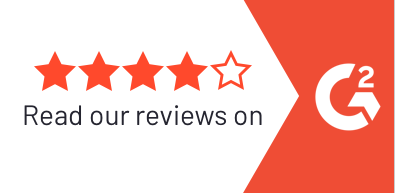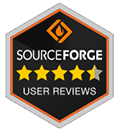How Trends in EHS Mobile Technology Are Shaping Safety Culture
Strengthen Compliance with Audit Management Software
Intelex Audit Management software simplifies your audit process through automation, enhancing compliance, boosting accuracy and improving efficiency. With features like real-time insights and mobile capability, it reduces manual tasks and empowers teams to conduct seamless, effective audits.
Trusted by Leading Organizations Around the World





Take Your Audits from Complex to Intuitive
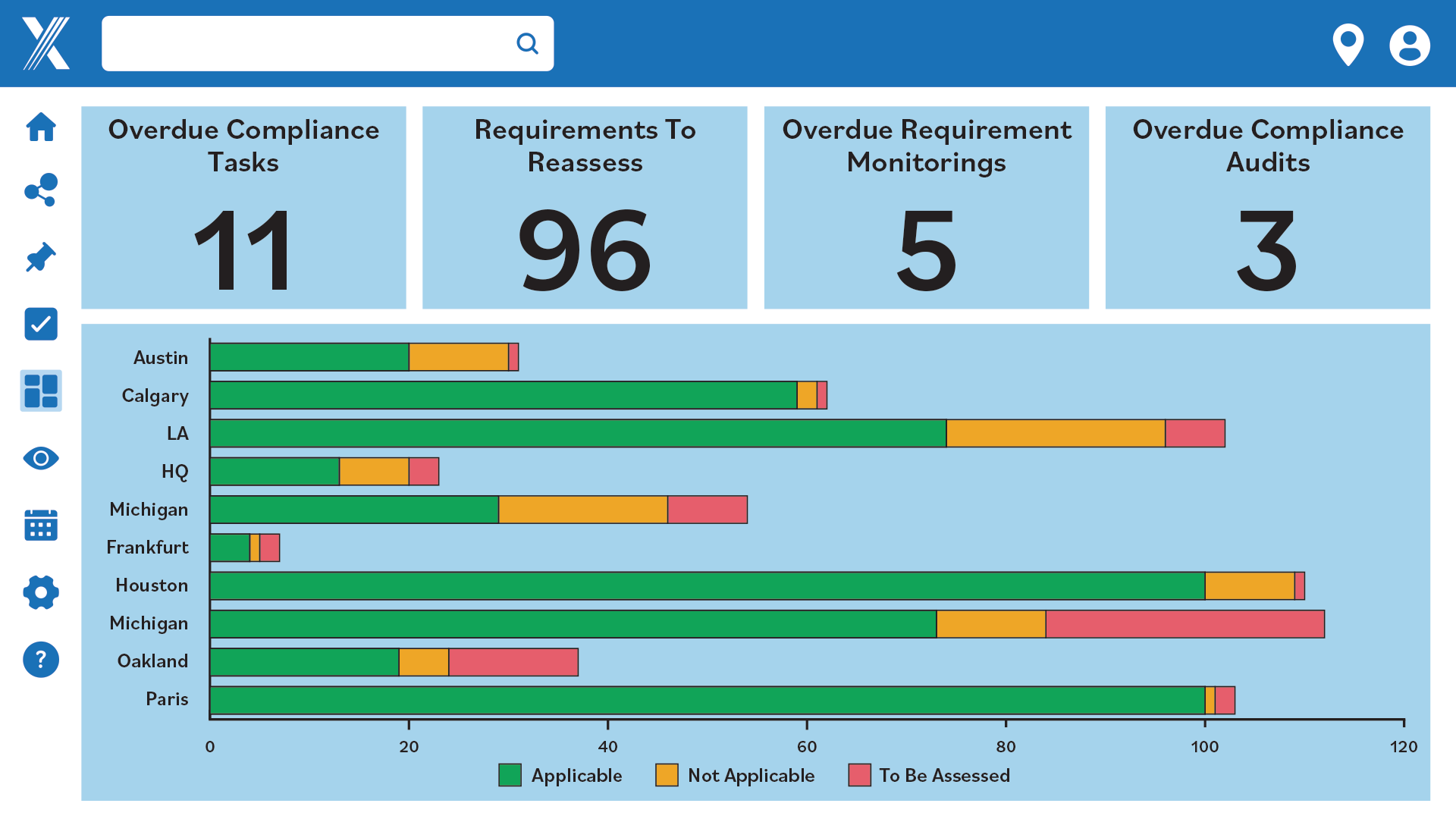
Simplify Compliance
Keeping up with ever-changing regulations can overwhelm organizations, leading to costly compliance failures. Audit management software simplifies compliance by automating updates and ensuring consistent adherence to standards.
Automate Tasks and Workflows
Manual audit tasks are time-consuming and prone to errors, slowing down processes. Audit management software automates tasks and workflows, reducing errors, saving time and ensuring efficiency across the company.
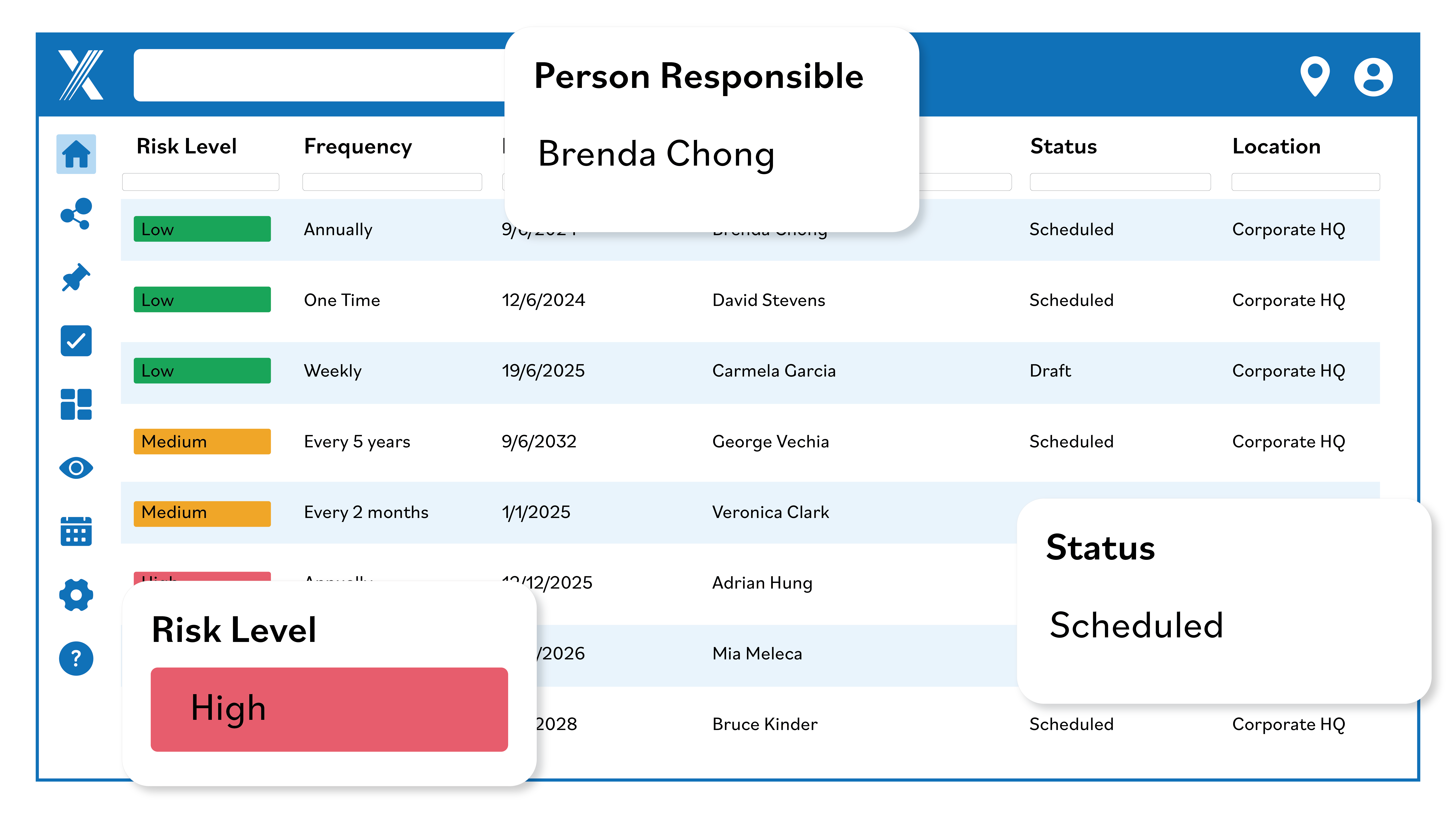
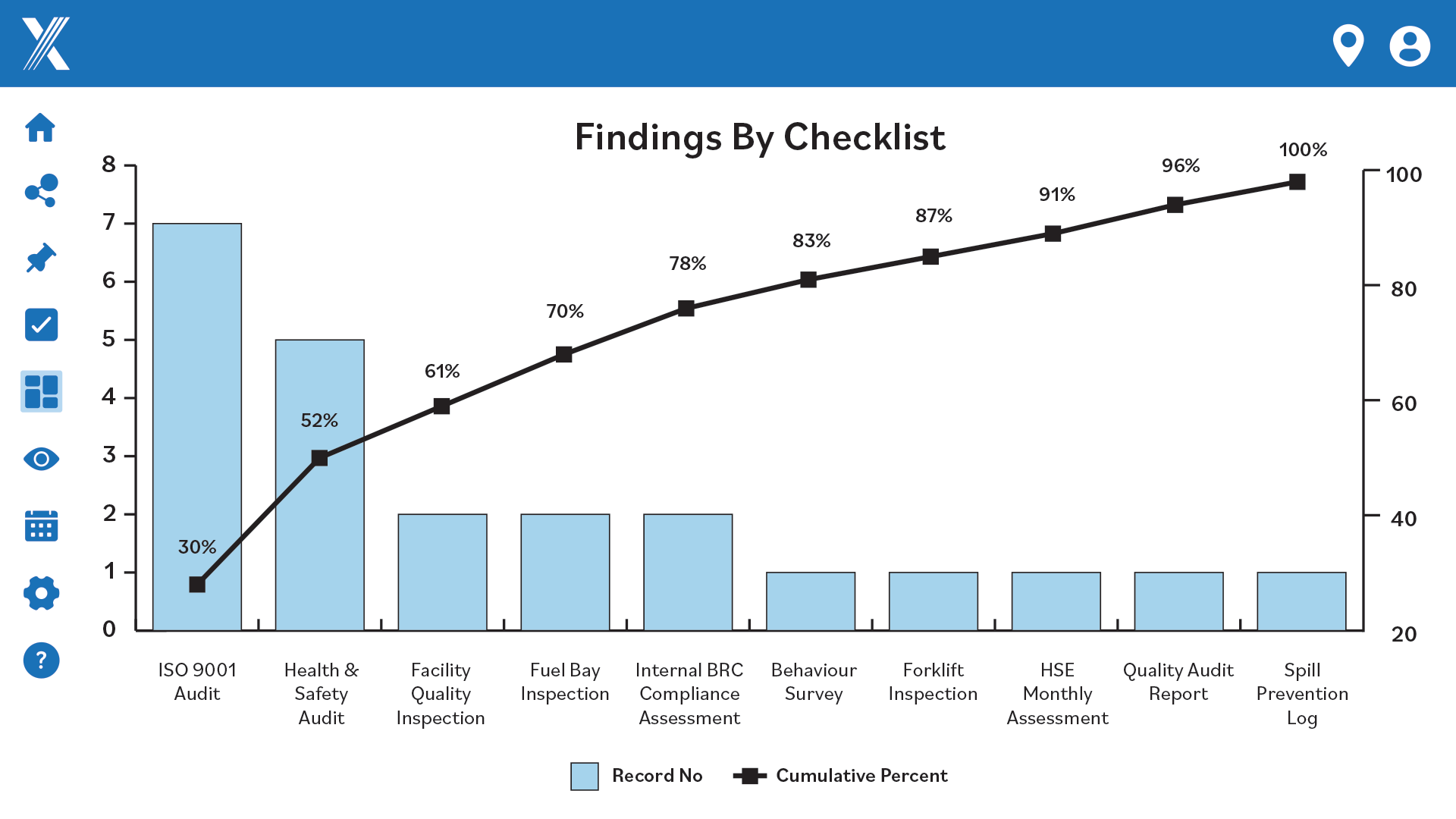
Accurate Insights and Reporting
Inconsistent data and manual reporting can lead to inaccurate insights and poor decisions. Audit management software centralizes data and automates reporting, delivering precise insights for better decision-making.
Key Audit Management Software Features
Managing audits can be complex and time-consuming. Our tools offer customization,
automation and mobile access to simplify the process.

Insights & Dashboard
Configurable audit dashboard with filters by location or time. View schedules and scores, and export reports in Excel, CSV or image formats.
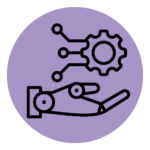
Automated Tasks
Track audit workflows, create expert teams and customize audits easily using the Form Designer tool.
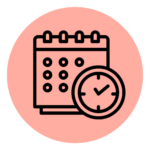
Audit Scheduler
Schedule audits with details like frequency and risk level. Filter by title, scope, location, manager and more.
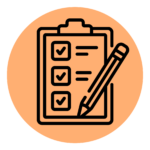
Audit Checklists
Create custom or ISO checklists, sort findings by severity or location and assign action plans with due dates.

Mobile
Access audits on mobile devices with offline capabilities, ensuring flexibility and continuity, even without internet.
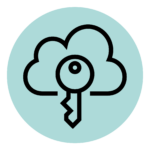
Single Sign On
Simplify access with single sign-on, providing seamless and secure entry to all your audit tools and resources.
Effective Audit Tools for EHS Supervisors and Frontline Workers
EHS audits can be complex for both supervisors and workers. Our tools streamline tasks, ensuring accuracy and compliance.
- Streamline EHS audits with automated scheduling and tracking.
- Ensure regulatory compliance with real-time updates and alerts.
- Centralize audit data for easy access and accurate reporting.
- Reduce manual errors and save time with workflow automation.
- Simplify data entry with user-friendly audit management tools.
- Access audit tasks and updates in real-time from any device.
- Minimize errors with guided audit processes and checklists.
- Complete audits on mobile devices, even when offline, for full flexibility.
Frequently Asked Questions
Audit Management Software manages auditing programs and stores records of audited information. It can consolidate audit data from different locations, manage all audit-related documents and records, generate regulatory reports and create automated workflows to address nonconformances.
Safety audits play a critical role in creating safer, more efficient workplaces. By identifying hazards early, audits uncover unsafe conditions, behaviors, or gaps in procedures. In addition, regular audits help ensure your organization stays compliant with regulations like OSHA, helping you avoid fines and legal issues. Beyond compliance, audits highlight inefficiencies, equipment issues, and resource bottlenecks. This allows you to prioritize improvements where they matter most. Finally, the data collected from audits supports better decisions and drives continuous improvements through safety programs.
Every business should conduct safety audits to ensure their safety management systems support the goals and objectives that help to keep workers safe.
A safety audit is a formal approach for examining your safety processes and procedures to determine if they are meeting internal standards, regulatory requirements or guidelines and your organizational goals. They are systematic and objective, and the goal is to identify weaknesses in your safety management system that could result in injuries, fatalities or equipment damage.
You should conduct a safety audit on the entire organization annually or even semi-annually for large, complex businesses. One option is to have individual departments conduct regular audits on a rotating basis throughout the year and have a larger, organization-wide audit annually. Rotating audits can help to ensure the annual audit is more effective and finds fewer problems to resolve.
You can conduct safety audits using internal personnel or you can hire a third-party specialist. Both should have expertise in the required best practices and regulations governing your operation, as well as a deep familiarity with your safety systems. The safety auditor will inspect documentation and data in an objective way without bias to find weaknesses and opportunities for improvement. They will look at things like frequency and efficacy of safety training, safety documentation, employee participation, leadership and management accountability, hazard identification, control measures and many other elements.
OSHA does not require that organizations conduct internal audits. However, OSHA does recommend it. Regular internal audits are considered a best practice for every organization. Organizations are expected to take responsibility for their safety management systems, and internal audits are important for identifying issues that could result in reportable injuries and fatalities.
Safety inspections focus on the specific elements of the workplace. They focus on documenting safety hazards, substandard physical conditions, housekeeping, communications problems and at-risk behavior. They are similar to audits, but the scope is limited to everyday risks and hazards in the workplace. An important best practice for safety inspections is the use of safety inspection checklists specific to the equipment and areas being inspected.
Audits also focus on hazards in the workplace, but the perspective is from the broader perspective of the management system as a whole. They look to identify weaknesses in the safety program, understand the efficacy of safety procedures and find opportunities for continuous improvement.
Audit Management Software Product Demo
Discover how Intelex Audit Management Software can simplify internal and external audits in our product demo. With intuitive workflows, out-of-the-box checklists, centralized documentation and rich data visualization, you’ll easily achieve a high level of compliance at your organization.
Watch and learn how this application can:
- Populate out-of-the-box forms, checklists and reports.
- Schedule audits that include auditors, frequency, checklists and locations.
- Conduct audits from both desktop and mobile devices.
- Capture findings and upload evidence in real-time.
- Generate corrective action plans and follow-up tasks.
- Visualize audit data through real-time dashboards and reports.
- Achieve compliance with OSHA, HSE and more.
Send the product demo my way!
"*" indicates required fields
 1 877 932 3747
1 877 932 3747






